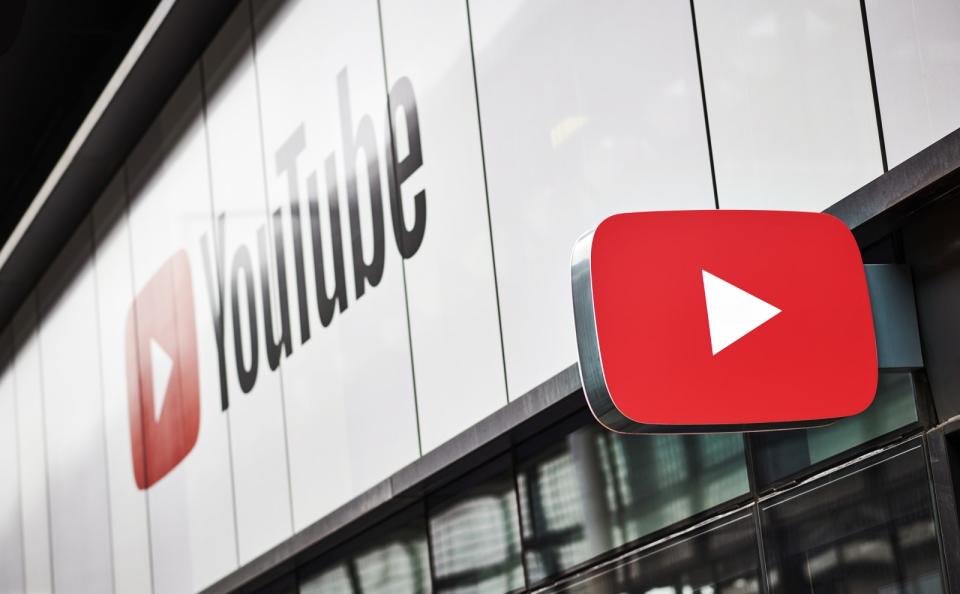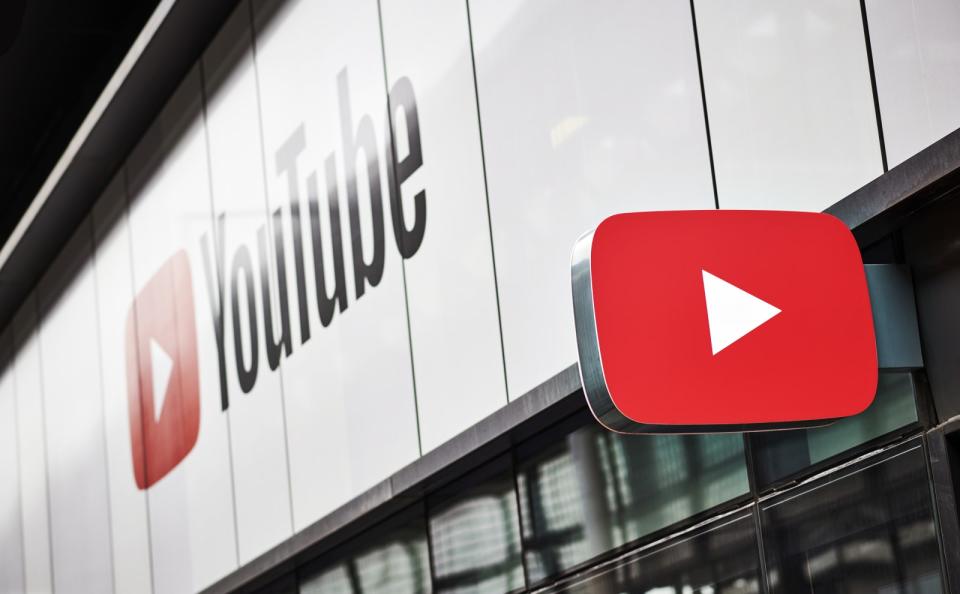YouTube warns its copyright changes could result in more takedowns
Copyright holders can no longer seize revenue over short music clips, though.
YouTube will no longer allow copyright holders to seize a creator's revenue over very brief or unintentional music clips that appears in videos, it said in a blog post. That means that if a five-second clip or the radio from a passing car appears in a video, labels won't be able to make a "manual claim" and seize all the revenue. However, they'll still be allowed to completely strike or demonetize videos with short clips, which "may result in more blocked content in the near-term," YouTube admitted.
YouTube said it's making the move to push back against music companies that are overzealous about enforcing copyright claims. "One concerning trend we've seen is aggressive manual claiming of very short music clips used in monetized videos," it wrote. "These claims can feel particularly unfair, as they transfer all revenue from the creator to the claimant, regardless of the amount of music claimed."
One concerning trend we've seen is aggressive manual claiming of very short music clips used in monetized videos. These claims can feel particularly unfair, as they transfer all revenue from the creator to the claimant, regardless of the amount of music claimed.
YouTube believes that by eliminating the money incentive, music owners will be less likely to go after the revenue of barely-infringing content. However, that remains to be seen -- instead, labels could simply start to block more videos, which is what YouTube actually expects in the short term. To enforce the new system, it will remove the manual-claiming privileges of labels or other rights-holders that repeatedly break the new rules.
The changes will only affect manual claims and have no impact on music found automatically by YouTube's Content ID system. That generates the vast majority of claims, and has paid rights-holders some $3 billion since it was implemented.
YouTube also changed the rules for manual claims last month, forcing copyright holders to provide exact timestamps for offending music. It also updated Creator Studio to allow YouTubers to use the timestamps to edit music out of disputed clips, a process that automatically restores monetization.
"As always, the best way to avoid these issues is to not use unlicensed content in your videos, even when it's unintentional music playing in the background," YouTube wrote. "Instead, choose content from trusted sources such as the YouTube Audio Library, which has new tracks added every month."


